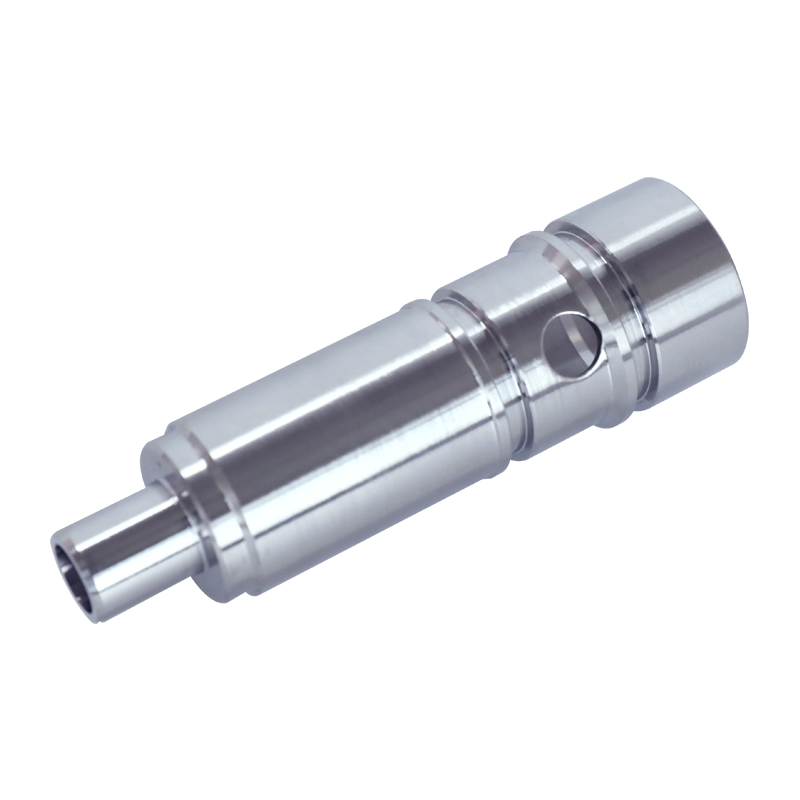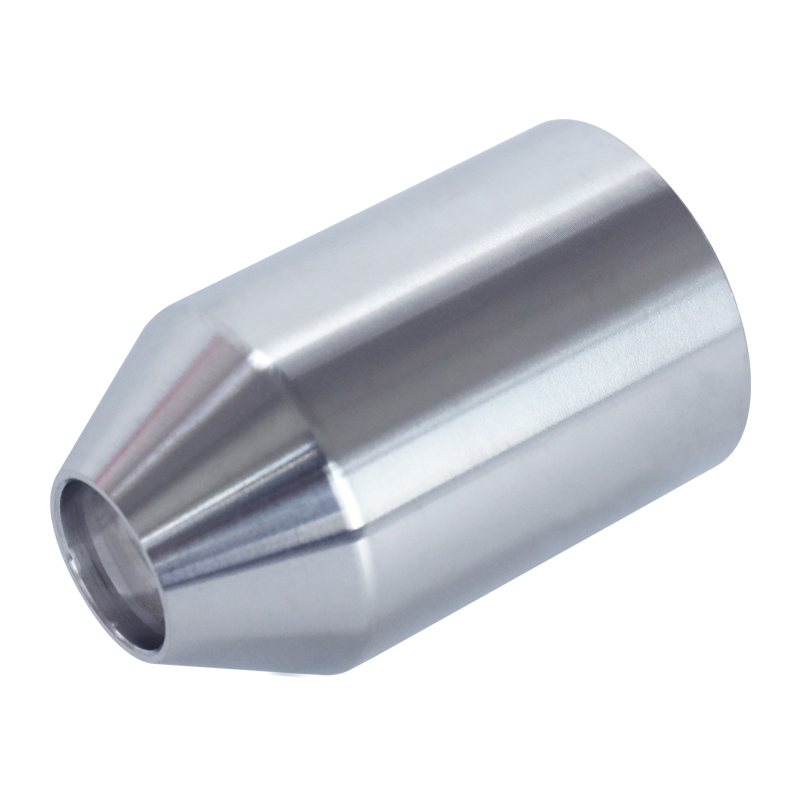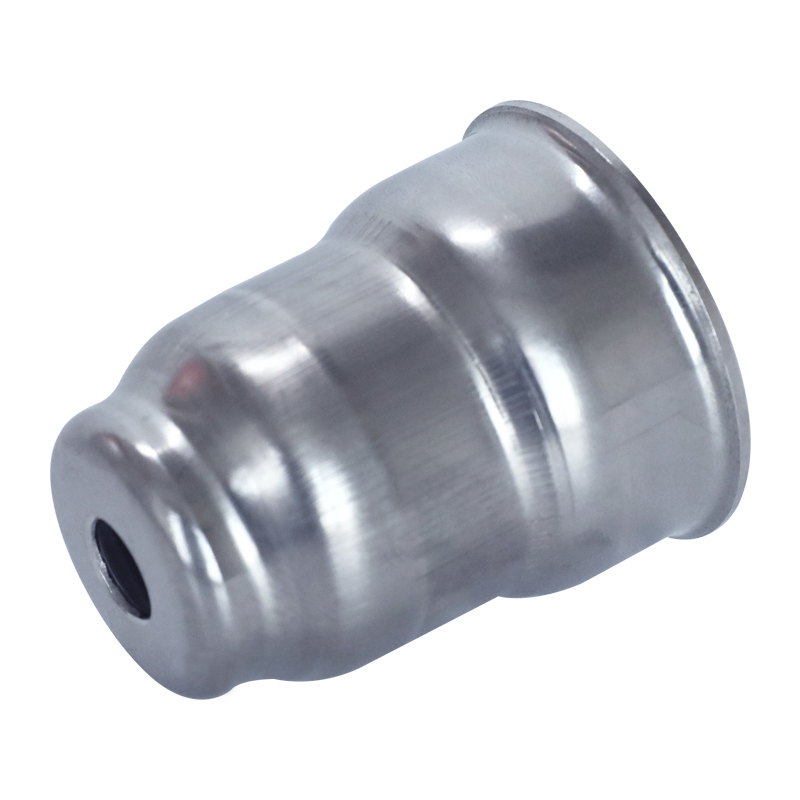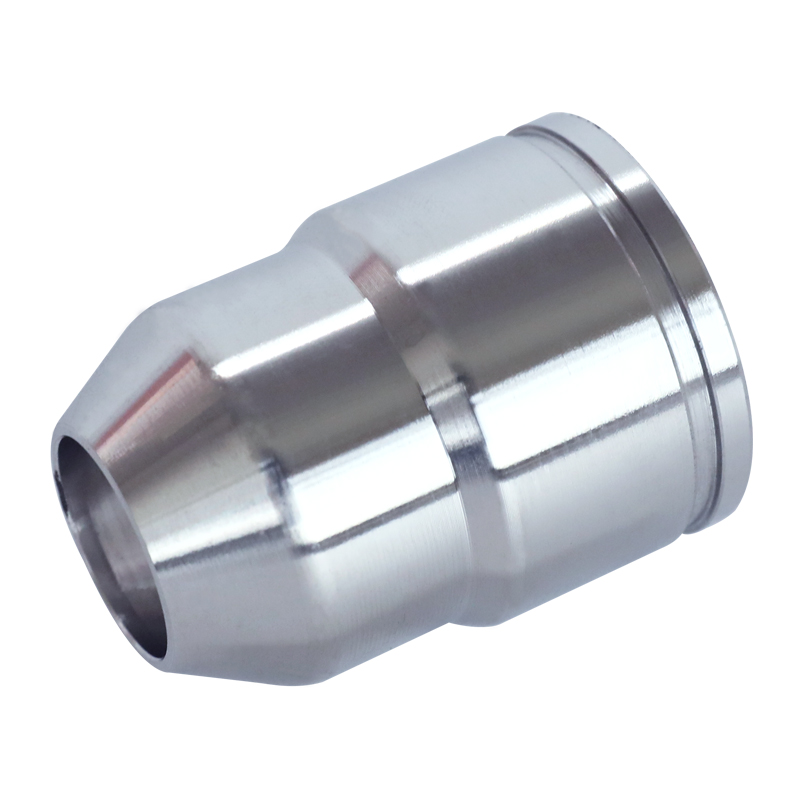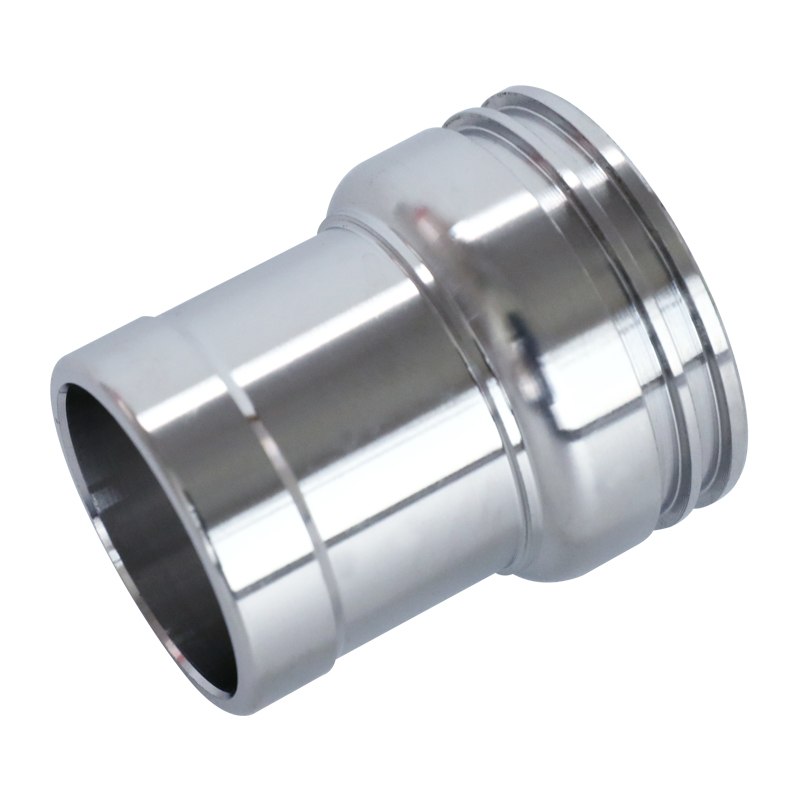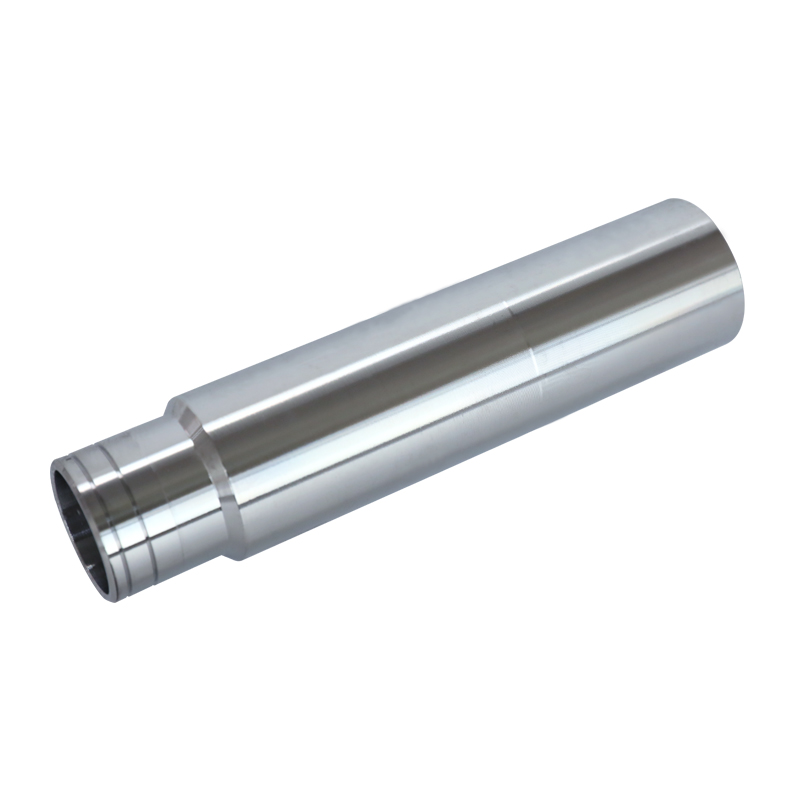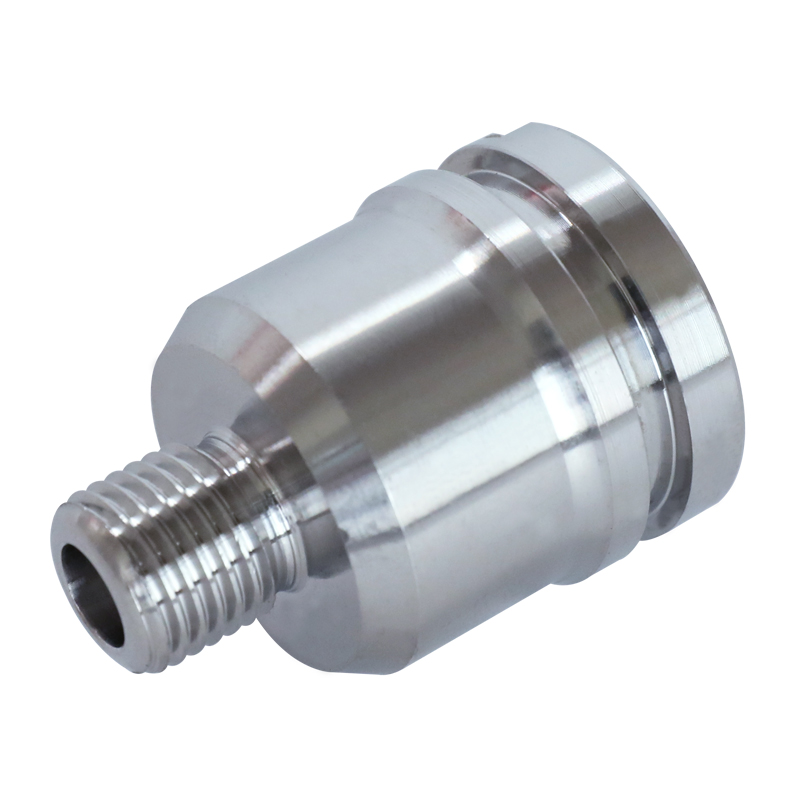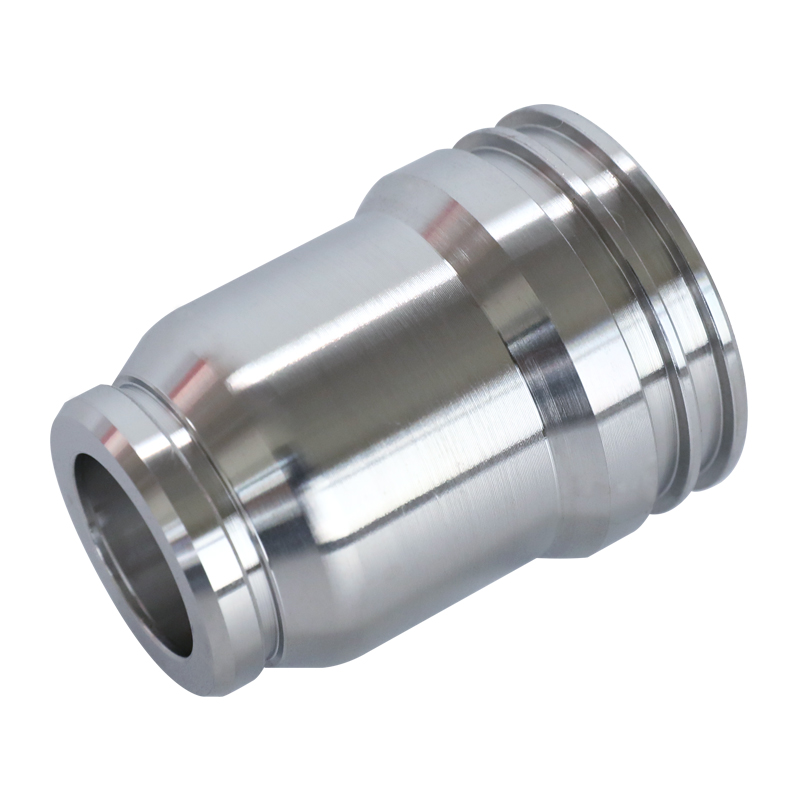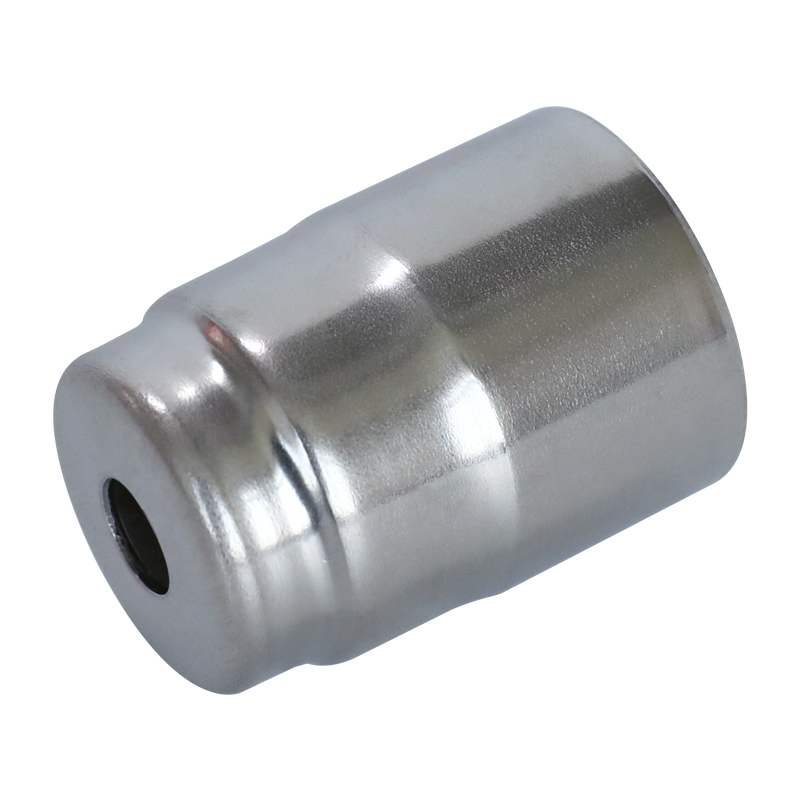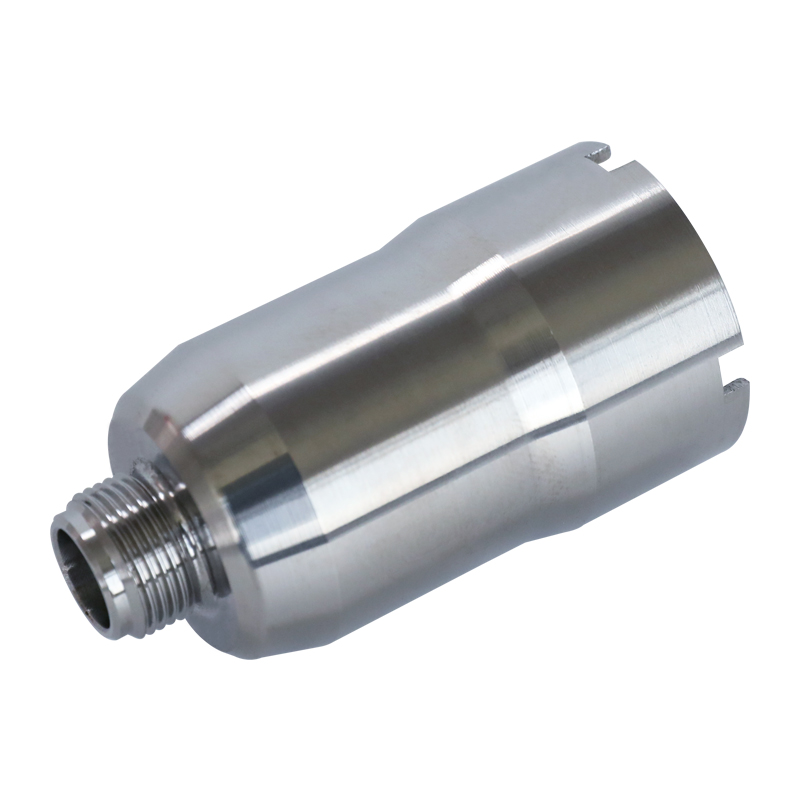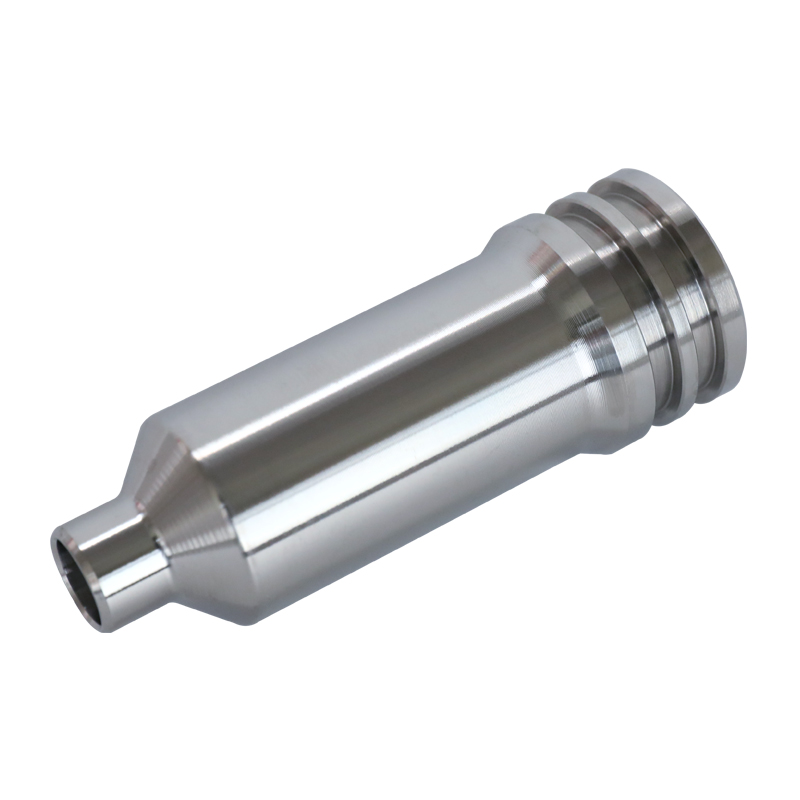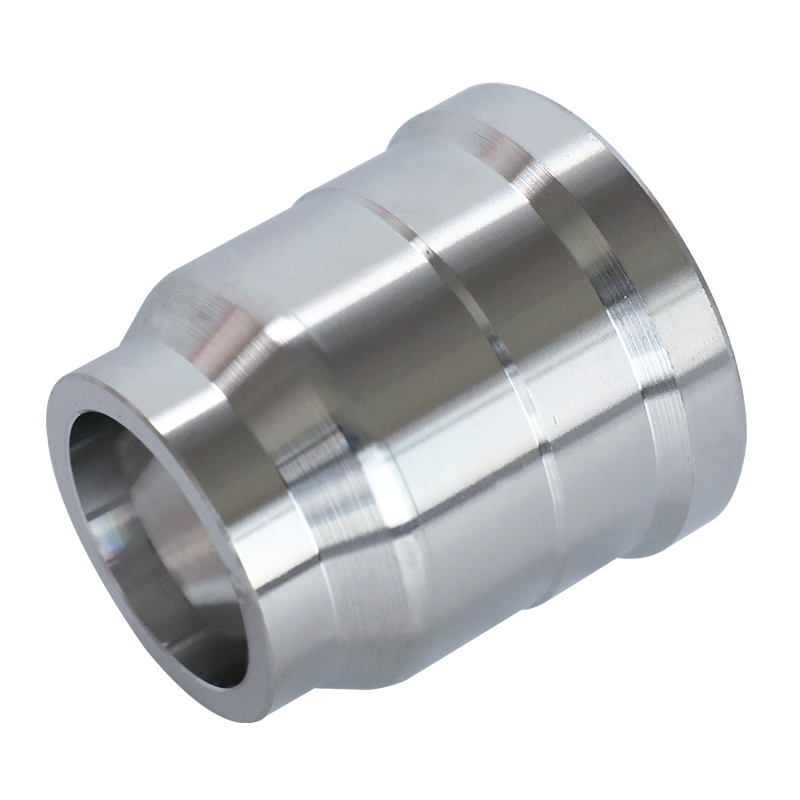As an important part of the car's electrical system, the design of trailer cables needs to strike a good balance between flexibility and durability. This balance is critical to ensuring stable and reliable operation of trailer cables in a variety of operating conditions. Here are some suggestions and key considerations for balancing flexibility and durability in your trailer cable design.
1. Selection of materials
In trailer cable design, material selection directly affects the balance of flexibility and durability. Flexibility usually requires the material to be sufficiently flexible, while durability requires the material to be resistant to wear, grease and environmental influences. Using high-quality polymer materials, such as TPU (polyurethane) or silicone, you can find a good balance between flexibility and durability.
2. Optimal design of bending radius
In towing operations, cables are often bent and twisted, so bend radius needs special attention in the design. Properly optimizing the bending radius can not only ensure the flexibility of the cable, but also avoid cable fatigue and damage caused by excessive bending. During the design process, the optimal bending radius needs to be determined based on actual usage and expected bending frequency.
3. Braided sheath and tensile resistance design
To enhance the durability of trailer cables, a common design is to use a braided jacket, which is often made of abrasion-resistant materials to provide additional protection. In addition, for the parts of the cable that may be subject to traction, a tensile-resistant design is adopted to enhance the durability of the cable, especially in the case of frequent stretching and relaxation.
4. Environmental adaptability test
To ensure that trailer cables maintain their performance under different environmental conditions, rigorous environmental suitability testing is required. These tests simulate usage under different climate, humidity and temperature conditions to evaluate a cable's flexibility and durability performance.
5. Quality Control and Manufacturing Process
Throughout the production process, quality control and manufacturing processes are also critical to balancing flexibility and durability. Precise production processes and quality inspection methods are used to ensure that each trailer cable meets the design requirements, thereby improving overall performance and reliability.
6. System integration and connector design
The trailer cable connector is a critical component of the entire system. When designing connectors, you need to consider the firmness of the connection, waterproofness, and ease of plugging and unplugging. Proper connector design can improve cable durability while maintaining overall system flexibility.
Achieving the balance of flexibility and durability in trailer cable design requires many considerations and integration. By combining advanced material technology, optimized structural design and strict quality control, we can ensure that trailer cables can perform well in various usage scenarios and provide reliable electrical connections.




 English
English Español
Español Deutsch
Deutsch